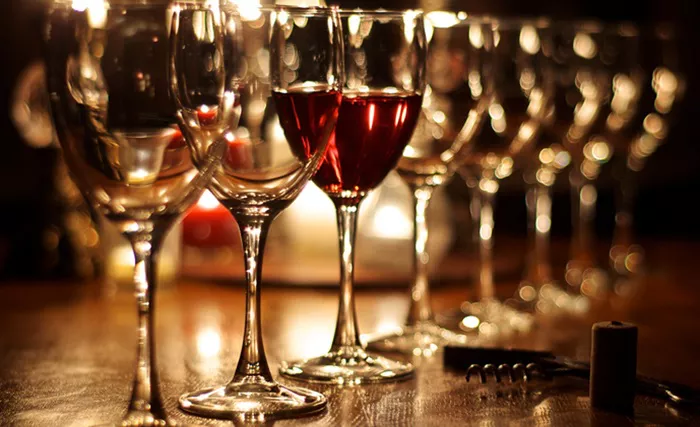The Comité Européen des Entreprises Vins (CEEV) has expressed its strong support for the European Union’s latest policy recommendations aimed at addressing the challenges facing the wine sector. These guidelines were endorsed during a meeting on December 16 in Brussels, attended by representatives from the European Commission, member states, and the EU’s new Agriculture and Food Commissioner, Christophe Hansen.
The recommendations, put forward by the EU’s High-Level Group on the future of the wine sector, are designed to tackle critical issues affecting the European wine industry, including declining consumption and changing market dynamics. CEEV President Mauricio González-Gordon praised the creation of the High-Level Group, calling it a timely and strategic move by the European Commission to help address the sector’s pressing concerns.
González-Gordon emphasized that future policy should focus on aligning with market trends and consumer expectations, while also creating a regulatory framework that supports the industry’s adaptation and growth. While acknowledging that EU legislation cannot resolve every issue, he stressed the importance of a robust and supportive environment to help the sector navigate its current challenges.
The CEEV highlighted three key principles outlined in the recommendations: competitiveness, sustainability, and resilience. According to the organization, EU support should encourage innovation and investment in the wine sector while avoiding counterproductive measures. The objective is to build a sustainable model of wine production that meets international market demands while maintaining the economic viability of the industry.
Among the key recommendations that align with CEEV’s position are the extension of replanting authorizations and the exploration of new strategies for managing production surpluses. Additionally, the group has advocated for green harvesting as an alternative to vineyard uprooting, a proposal that has been met with both support and resistance among producers.
Another critical aspect of the recommendations is a call for greater flexibility in the financial management of wine sector programs. This would allow member states to tailor aid more effectively to the needs of producers, optimizing available resources. The CEEV also stressed the importance of maintaining a strong export strategy and enhancing promotional efforts for European wines in international markets.
On the issue of climate change, the High-Level Group has endorsed measures to help wine producers adapt to increasingly volatile weather patterns, such as extreme temperatures and prolonged droughts. These measures are seen as essential to strengthening the sector’s resilience in the face of environmental challenges.
The recommendations also address the need for clear regulatory frameworks for dealcoholized and partially dealcoholized wines, which have seen rapid growth in recent years. A consistent set of standards is seen as vital to ensure quality and facilitate the commercialization of these products. Additionally, emerging opportunities in wine tourism and distance selling were highlighted as potential growth areas for wine-producing regions.
One of the most urgent proposals discussed was the implementation of a harmonized electronic labeling system. The CEEV has voiced support for a system based on QR codes, which would allow consumers to easily access detailed product information without the need for language-based labels. This initiative aims to simplify the consumer experience and ensure transparency.
However, the CEEV raised concerns about potential policies that might unfairly differentiate between legal structures within the wine sector, such as private companies and cooperatives. Ignacio Sánchez Recarte, the CEEV’s Secretary General, warned that such distinctions could disrupt market balance and harm competition.
Sánchez Recarte also stressed the need for swift action to translate these recommendations into a legal framework, particularly focusing on electronic labeling and the regulation of dealcoholized wines. He highlighted these as key areas for modernization in the sector.
Despite the progress made, the CEEV pointed out that several critical issues remain unresolved, including the need for clearer guidelines on sustainable grape and wine production. The organization views these principles as vital for meeting both consumer expectations and environmental requirements.
Through these recommendations, the European wine sector aims to position itself to effectively navigate the economic, environmental, and consumer challenges that will shape its future development.
You Might Be Interested In:


